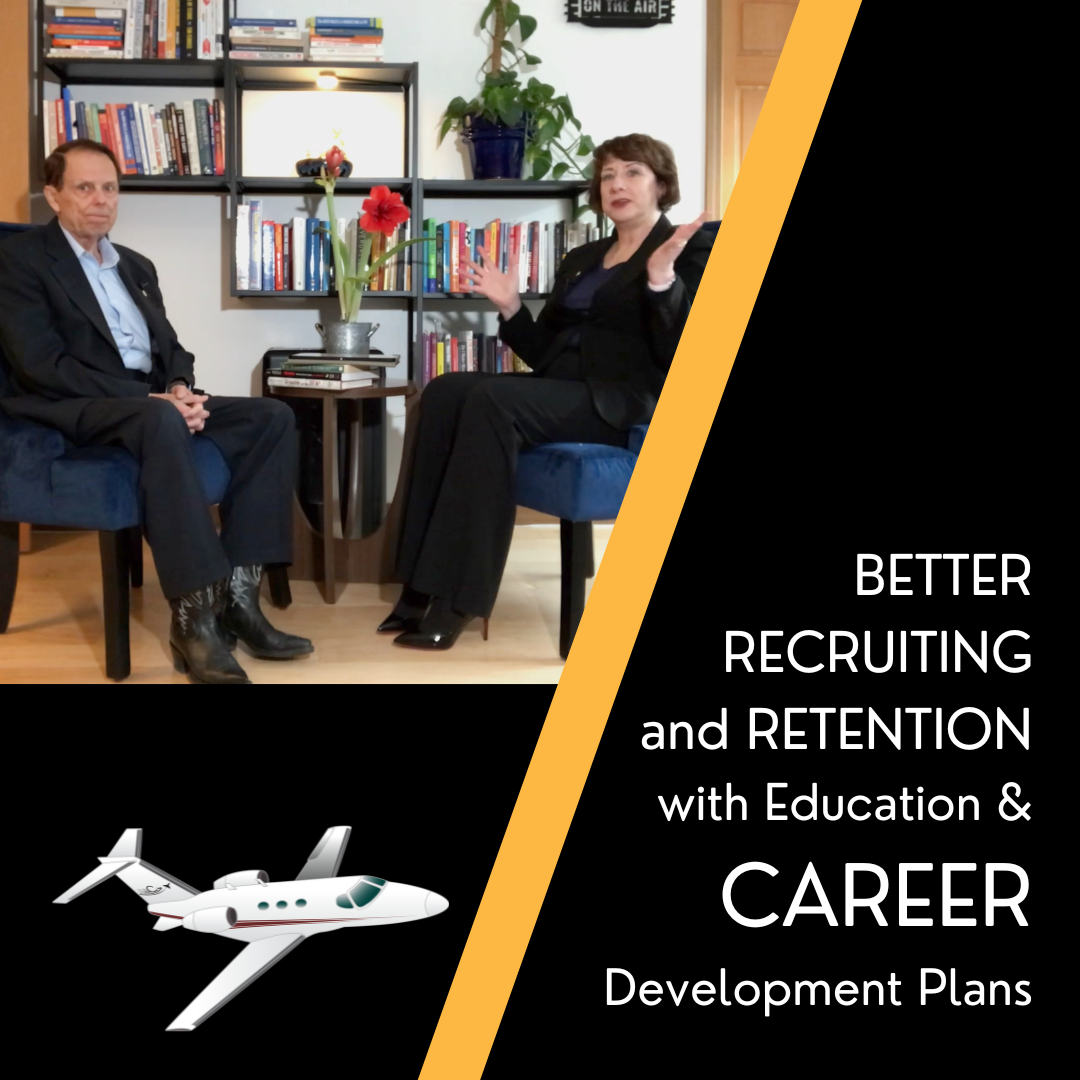
If you have a sales process, follow it! Shortcuts often cause more problems than they solve.
“I don’t have time to complete your questionnaire. Can you just give me a ballpark price on the work I want done right now?”
In the past, on occasion, I’ve been tempted to answer this question to the best of my ability, given the information I had on hand at the time.
Each time I succumbed to that temptation, I regretted it.
If I don’t take the time to really understand the customer’s long term strategy, short term objectives, and competition, we often find later we have missed an opportunity that would have made our work much more valuable to that customer.
This is a wasted opportunity for us, and a disservice to our customer.
As an example, we may write a brochure for a company, only to realize later we could have spent the same amount of time writing material we could have contributed to an aviation publication, positioning our customer as an expert in his field and obtaining much more visibility for his product or service than the brochure. And we could have used the same (or similar) text for his brochure, anyway.
Another example – we may find that our customer’s competitor has dominated the market for a particular keyword, but but positioning the product with a slightly different target market, we could help him make many more sales. Sometimes the customer assumes that he knows exactly who his target market is. He could be wrong, no matter how strongly he holds that assumption. We could also be wrong, if we take his word for it and fail to do the homework.
Our experience has shown that we can provide much greater value to our customer when we follow our process. Of course, we’re continually improving the process and we adapt as we go based on the customer’s needs.
During our consultations with companies about their own sales processes, we have found that most salespeople have the same pressure from time to time. “Just tell me the price!” their customers say.
And if they shortcut the process and jump to that step, they almost always lose the customer, find out they’re talking to the wrong person in the organization (not the person who has the authority to make the purchase decision) or they missed out on value they could have provided, no matter how educated or compelled the customer may seem at the time.
The more successful salesperson will follow the process, educate the customer how to shop for the product or service he is looking for, and demonstrate his product to be the better value taken in the total context. And if he can’t do that, he’ll encourage the customer to buy the competitor’s product in that rare instance; and get a loyal source of referrals.
While working with Franklin Covey, we often quoted Steven Covey – “With people, if you want to save time, don’t be efficient. Slow is fast and fast is slow.”
If you’re in too much of a hurry to make the sale, if you don’t care enough about the client to get to know him, his needs and his situation; and if you deal with people who will treat your product or service like a commodity (like a sack of beans he can buy just as easily from the next guy down the street) you’ll lose out on the opportunity to do your best work, and to develop a relationship with a truly satisfied customer.
We’ve created a new video about our new client process.
If you don’t have a sales process, or if your sales process isn’t working properly, ABCI can help! We’ll show you how.
And no, we don’t take shortcuts.
Get started with ABCI. .



